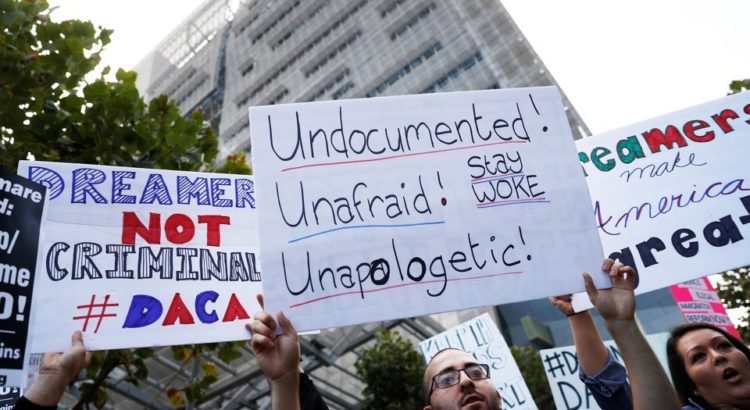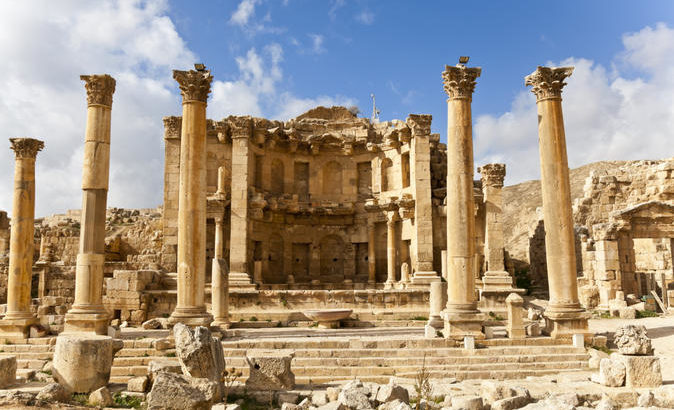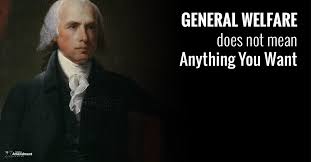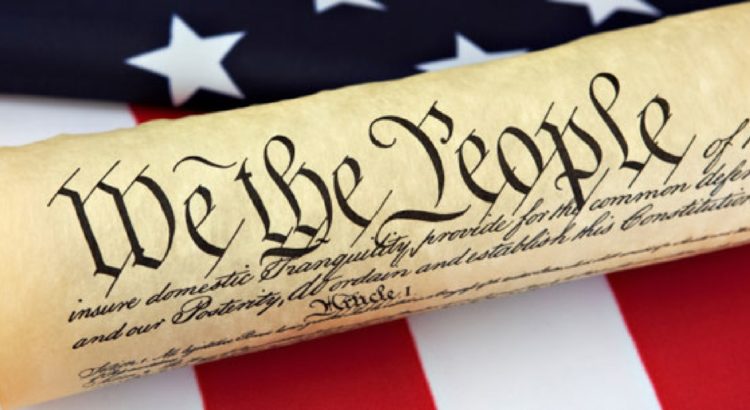Our system of constitutional government boasts having a division of power among the three areas of governmental power (i.e., legislative, executive and judicial) and infusing them with power in such a way as to cause them to serve as a check against each other from increasing its power at the expense of the freedom and liberties of the citizens, thus creating a “balance of power.”
It is easy to see how the first two segments of our government serve to check the power of the other. The Executive (President) checks the power of the legislature primarily through the means of the veto. The Legislature (Congress) can override the veto by the high bar of 2/3 vote of both houses, and they also have the power of impeachment of members of the executive branch.
Yet it must be asked, “How and who places a check against the power of the Judiciary?” It is argued that the control is from both of the other branches, namely, judges must be nominated by the President and confirmed by the Senate. However, once appointed to the federal bench, then what? The answer, according to Alexander Hamilton in The Federalist No. 81 is impeachment:
“This is alone a complete security. There never can be danger that the judges, by a series of deliberate usurpations on the authority of the legislature, would hazard the united resentment of the body intrusted with it, while this body was possessed of the means of punishing their presumption by degrading them from their stations.”
It was for this reason that in The Federalist No 78 he had proclaimed that the judiciary was the weakest of the three branches of the federal government. Oh how wrong Mr. Hamilton was! Our Republic was not even fifty years old when Thomas Jefferson made this observation regarding the judiciary in his letter to Thomas Ritchie on December 25, 1820:
“But it is not from this branch of government [i.e., the legislature] we have most to fear. Taxes and short elections will keep them right. The judiciary of the United States is the subtle corps of sappers and miners constantly working under ground to undermine the foundations of our confederated fabric. They are construing our constitution from a co-ordination of a general and special government to a general and supreme one alone. This will lay all things at their feet, and they are too well versed in English law to forget the maxim, ‘boni judicis est ampliare jurisdictionem’ (i.e., ‘good justice is broad jurisdiction’, which means the duty of a good judge is to enlarge the jurisdiction of his court);….Having found, from experience, that impeachment is an impracticable thing, a mere scare-crow, they consider themselves secure for life;….A judiciary independent of a king or executive alone, is a good thing; but independence of the will of the nation is a solecism, at least in a republican government.”
So, who was right – Jefferson, or his arch-nemesis, Hamilton? What did those who saw a danger in Article III of the Constitution when it was drafted, have to say on this topic, and what remedy can be had, if impeachment is, as Jefferson stated and has been proven to be true over the centuries, “a mere scare-crow” and “an impracticable thing” when it came to reining in a runaway judiciary? I’ll address this in the next essay as we examine this very real threat to our liberties by an unaccountable judiciary.
-April 13, 2018







